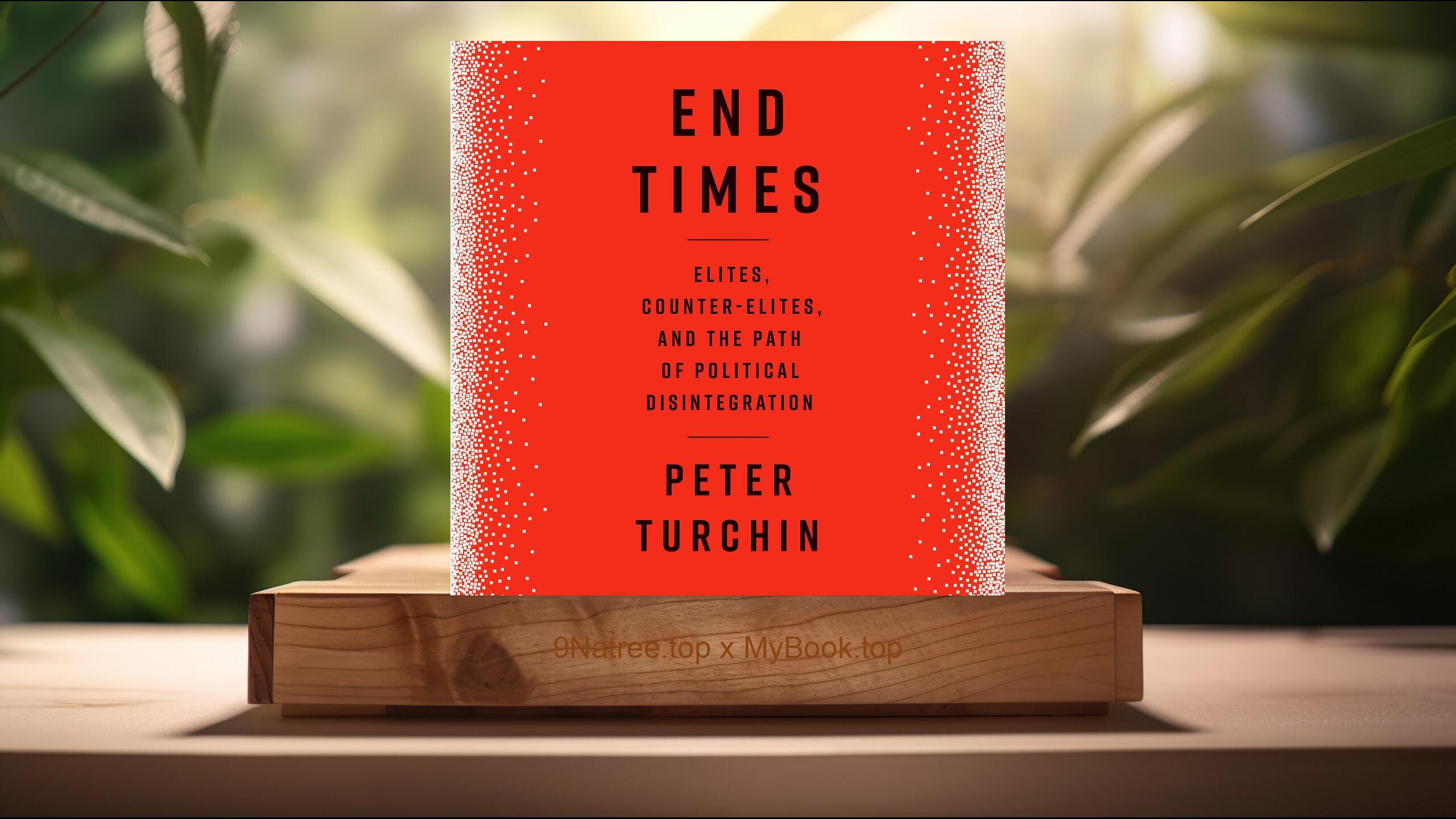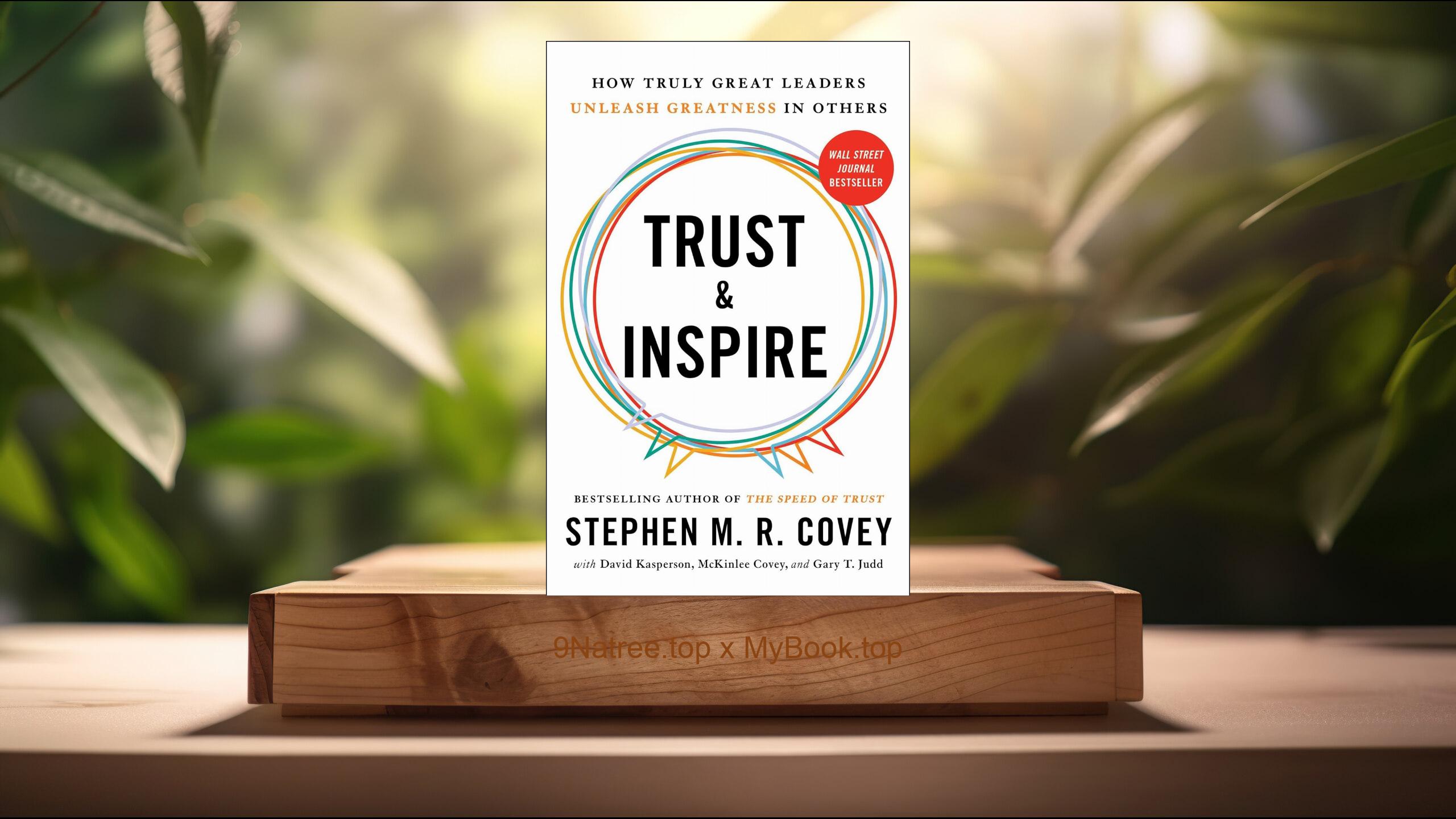Show Notes
Buy on Amazon: https://www.amazon.com/dp/B07CWPRXFG?tag=9natree-20
Read more: https://mybook.top/read/B07CWPRXFG/
#PovertyinAmerica #SingleMotherhood #EconomicInequality #GovernmentAssistance #ResilienceandHope #Maid
These are takeaways from this book.
Firstly, The Harsh Reality of Being a Maid, In 'Maid,' Stephanie Land offers readers a gritty, firsthand look at the demanding and often invisible work of being a maid. This aspect of the book dissects the physical and emotional toll taken on those who clean others' homes for a living. Land details her experiences with excruciating detail, describing the back-breaking labor of cleaning, the discomfort of navigating clients' personal spaces, and the dehumanization that comes with being unseen or looked down upon by employers. Through her stories, readers gain insight into the complexities and hardships of the job, including the challenges of maintaining health and safety standards, dealing with unreasonable demands from clients, and the constant juggling of multiple homes in a day to make ends meet. This narrative starkly highlights the economic and social disparities between the employed and their employers, shedding light on the often-invisible labor force that enables the comfort of the more affluent.
Secondly, The Struggle with Poverty and Government Assistance, One of the most poignant aspects of Stephanie Land's memoir is her navigation through the tangled webs of poverty and government assistance. The book meticulously documents the Catch-22 situations that many low-income individuals find themselves in when seeking help. Land shares her personal experiences with SNAP (food stamps), Medicaid, and subsidized housing, emphasizing not only the necessity of these programs for survival but also the inherent flaws and humiliations that accompany them. She recounts the invasive questions, the suspicion, and the often degrading treatment from government employees and society at large. Through her story, readers learn about the frustrating paradoxes of trying to improve one's situation while being penalized for working more hours or earning slightly more, which can result in a loss of critical benefits. This section of the book serves as a critical commentary on the need for systemic reform to truly support those in need, instead of trapping them in a cycle of poverty.
Thirdly, Motherhood Under the Pressure of Poverty, A central theme of 'Maid' is the extraordinary challenges of motherhood experienced while living in the grip of poverty. Land's narrative illuminates the constant worry, guilt, and determination that define her journey as a single mother striving to provide a stable life for her daughter, Mia. Readers are brought into the heart-wrenching decisions she must make daily—from sacrificing her own meals to ensure her daughter is fed, to the psychological toll of presenting a facade of stability and happiness for her child's sake. Land explores the deep emotional impact of poverty on parenting, highlighting the stigma and judgment faced by low-income mothers and the relentless fight against a society that often blames them for their circumstances. Through these personal tales, the book offers a powerful perspective on the strength and resilience required to raise a child when the odds are stacked against you, emphasizing the importance of love, hope, and perseverance.
Fourthly, The Stigma Attaching to Low-Paid Work and Poverty, Stephanie Land's memoir does not shy away from discussing the social stigma that clings to low-paid work and poverty. She candidly addresses the judgments, stereotypes, and misconceptions she encountered as a maid and as a recipient of government assistance. This part of the book dives into the emotional and psychological effects of being stigmatized, including feelings of shame, isolation, and diminished self-worth. Through her experiences, Land demonstrates how societal attitudes towards the working poor and impoverished can exacerbate their struggles, making it even more challenging to break free from the cycle of poverty. She calls attention to the importance of empathy, understanding, and systemic change to address these deeply ingrained prejudices, urging readers to reconsider their perceptions of poverty and those who live it. The discussion of stigma in 'Maid' is a poignant reminder of the humanity behind the statistics and headlines, highlighting the need for compassion and supportive policies.
Lastly, The Power of Resilience and Hope, Throughout 'Maid,' amidst the adversity and hardship, Stephanie Land's story is ultimately one of resilience and hope. This vital theme serves as the backbone of the memoir, illuminating how, despite facing seemingly insurmountable challenges, the human spirit can endure and thrive. Land shares her dreams of becoming a writer, her aspirations for a better life for her daughter, and the small victories along the way that kept those dreams alive. Her unwavering commitment to her goals and her refusal to be defined by her circumstances are inspirational. Through her journey, readers witness the transformational power of resilience, as Land navigates through poverty, navigates societal barriers, and eventually finds her voice as a writer and advocate. This narrative arc not only offers hope to those in similar situations but also serves as a call to action for society to support and uplift the most vulnerable among us. 'Maid' is a testament to the strength of the human will and the belief that a better future is possible with perseverance and support.
In conclusion, Maid: Hard Work, Low Pay, and a Mother's Will to Survive by Stephanie Land is an essential read for anyone seeking to understand the reality of living in poverty while narrating a story of hope and resilience. This book is particularly beneficial for policymakers, social service providers, and anyone interested in social justice and economic inequality, as it provides a firsthand account of the struggles faced by the working poor and the systemic obstacles that hinder their progress. Land's narrative is a powerful reminder of the dignity of all work and the human cost of a society structured by deep economic divides. It encourages empathy, reminds us of the strength found in hope and perseverance, and calls for a reevaluation of the systems that perpetuate poverty. Whether you are someone who has experienced similar struggles or someone looking to broaden their understanding of these critical social issues, 'Maid' offers invaluable insights that can inspire action, change, and compassion in our communities.
![[Review] Maid: Hard Work, Low Pay, and a Mother's Will to Survive (Stephanie Land) Summarized](https://episodes.castos.com/660078c6833215-59505987/images/1740417/c1a-085k3-2ogqdkz9fq0v-e3joo6.jpg)




